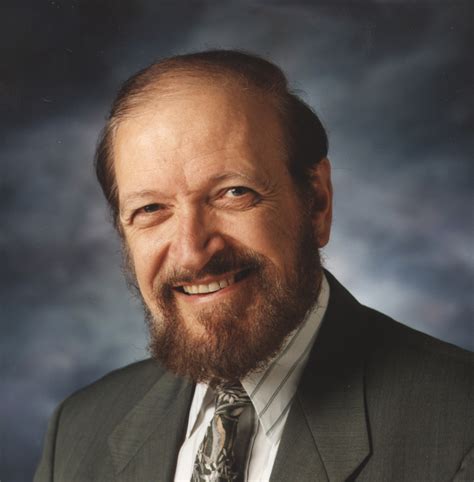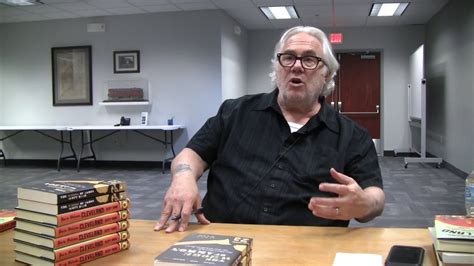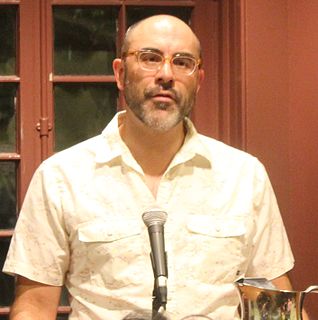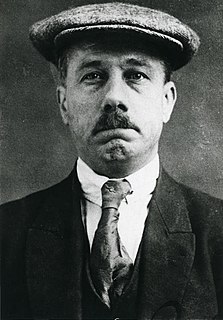A Quote by Calvin Miller
Readers, on the other hand, have at least 7.5 books going all the time. Actually, the number of books a reader takes on is usually directly related to the number of bathrooms he has in his home and office. I am working on a survey that will show that, over a lifetime, readers are in bathrooms seven years and three months longer than nonreaders.
Related Quotes
There were many books in my parents' home. I'm from a family of five children and we were all readers. And so by the time I left home, I had already read many books, and I was very interested in reading more. That was when I started to have the desire to write. But it wasn't like a divine apparition with angels and seraphins on high. Not for me, at least.
I remember my fourth grade teacher reading 'Charlotte's Web' and 'Stuart Little' to us - both, of course, by E. B. White. His stories were genuinely funny, thought provoking and full of irony and charm. He didn't condescend to his readers, which was why I liked his books, and why I wasn't a big reader of other children's' books.
I'm a fan of meeting readers face to face, at reader events, where we're able to sit down and take some time to talk. Too often, at regular book signings, I meet readers who have traveled six or eight hours to see me, and I'm unable to spend more than a few short minutes chatting with them as I sign books.
Books are just dead words on paper and it is the readers who bring the stories alive. Previously, writers wrote a book and sent it out into the world. A couple of months after publication letters from readers might arrive. And, leaving aside the professional reviews, it is really the reader's opinions that the writer needs. They vote for a book - and a writer - with their hard earned cash every time they go into a bookstore (or online - that's my age showing!) and buy a book.
My personal history would not be disappointing to readers, but it is my own affair which I want to keep to myself. I am in fact in no way more important than is the typesetter for my books, the man who works the mill; no more important than the man who binds my books and the woman who wraps them and the scrubwoman who cleans up the office.
Solid scriptural theology should be valued in the church. Books in which Scripture is reverently regarded as the only rule of faith and practice-- books in which Christ and the Holy Ghost have their rightful office-- books in which justification, and sanctification, and regeneration, and faith, and grace, and holiness are clearly, distinctly, and accurately delineated and exhibited, these are the only books which do real good. Few things need reviving more than a taste for such books as these among readers.
One wouldn't want to say that what makes a good writer is the number of books that the writer wrote because you could write a whole number of bad books. Books that don't work, mediocre books, or there's a whole bunch of people in the pulp tradition who have done that. They just wrote... and actually they didn't write a whole bunch of books, they just wrote one book many times.


































